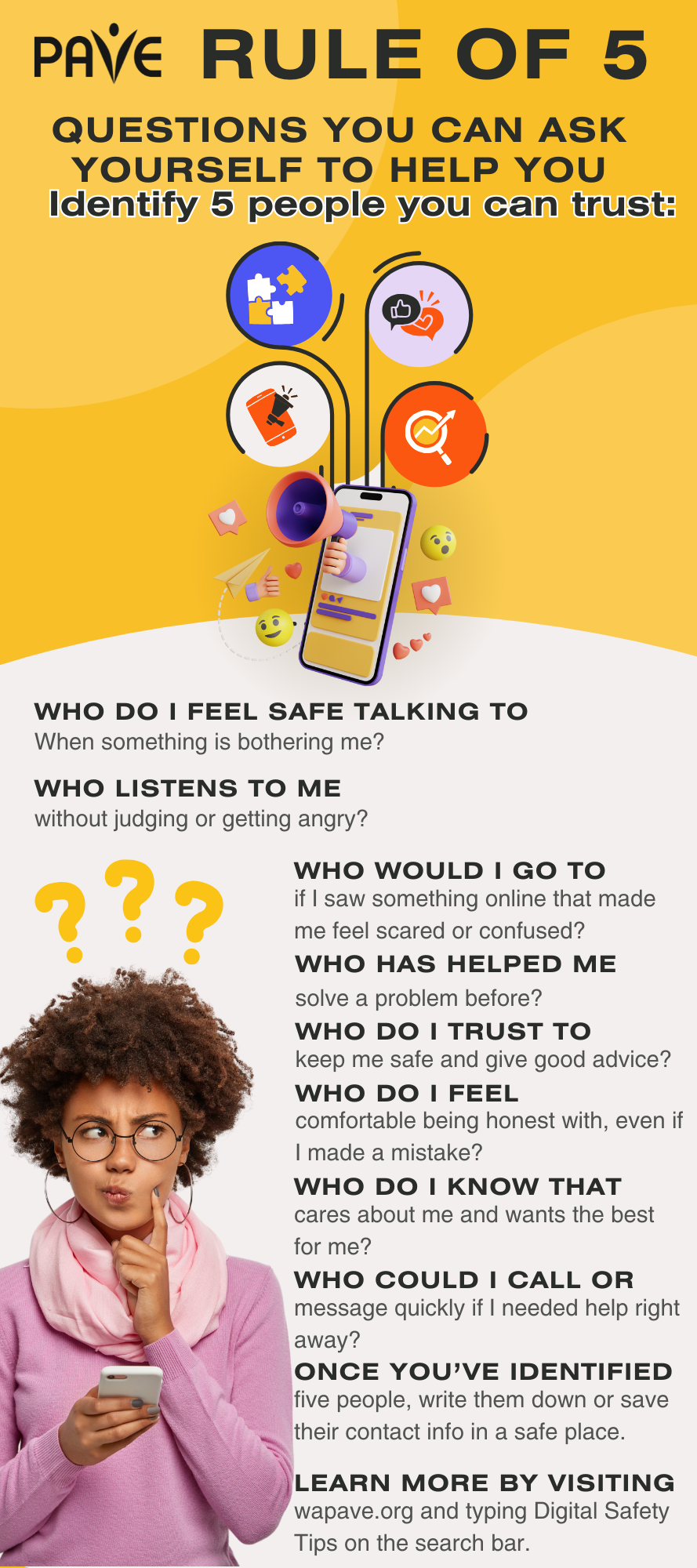Navigating social interactions can be particularly challenging for individuals with disabilities, especially during the holiday season when gatherings are frequent and often overwhelming. While some people enjoy socializing, they may prefer calm and predictable environments where they can engage in structured activities. Understanding their unique needs and preferences is crucial for creating a supportive and inclusive atmosphere that allows them to participate comfortably and meaningfully.
A Brief Overview
- This is part of a series on the topic of creating joyful holidays for family members, which began in My Family’s Sensory and Adaptive Needs for the Holidays and continues in Sensory-Friendly Holiday Tips and Giving the Gift of Sensory-Regulation; Supporting a Happy Holiday Season for All.
- Social interactions can be particularly challenging during the holiday season due to frequent and overwhelming gatherings.
- People with disabilities who enjoy socializing may prefer calm, predictable settings.
- Structured social activities provide a comfortable way for individuals to engage with others, as they offer clear rules and a shared experience.
- Family gatherings can be stressful due to interactions with relatives they don’t see often, leading to feelings of overwhelm.
- It’s crucial to respect the boundaries of individuals with disabilities or health care needs, allowing them to make their own choices about social interactions and providing opportunities for breaks to avoid overstimulation.
- Understanding and respecting social preferences and boundaries, especially during the holiday season, helps ensure people feel safe, respected, and included.
Comfort In Calm Familiarity
People with disabilities or special health care needs who enjoy socializing may prefer calm, predictable gatherings. They might like sitting with a friend and playing video games, quietly working on a puzzle together, or playing board games. When faced with a loud, busy family gathering, individuals may withdraw or seek out one person they enjoy chatting with -someone who genuinely respects and understands their accommodation needs, and with whom they can happily spend time with. This person feels safe to them. However, it’s important to recognize that their safe person might need a break too, so having multiple people that they feel safe with can be beneficial.
Incorporating Structured Activities
For many individuals, having structured social activities like board games or group video games can provide a comfortable way to engage with others. Social rules and nuances can often be confusing, making unstructured mingling feel overwhelming and unmanageable. Structured activities offer a more supportive environment for social interaction with the rules clearly identified and a shared experience to drive conversation. Baking together, wrapping presents, and completing holiday crafts are all shared experiences that have clear instructions and goals. These activities not only make socializing more manageable but also add a festive touch to holiday gatherings.
Overstimulation With Unfamiliar Relatives
Even meeting with beloved family members can feel strange and stressful. Talking to relatives they don’t see often can be difficult for people as they may feel that they must work out how to talk and act around people that feel unfamiliar. This can be overwhelming since they have to understand and respond to different social cues and expectations that may not be easy or comfortable for them.
To help ease this stress, consider preparing in advance by discussing who will be at the gathering and what to expect. Shared interests can be a great way to connect with others and make conversations more engaging. Tell or remind your loved one of interests they have in common with relatives they don’t see as often to help start conversations. Socializing can be challenging, so it’s important to be patient and provide support without pressure.
Supporting Boundaries and Choice
Even with careful planning and maintaining traditions, the holiday season can still be overwhelming. Back-to-back events can be exhausting for anyone, but they can quickly become overstimulating for loved ones with disabilities, health care needs, and/or neurodivergence. Seeing new people or people they only see once a year, having to navigate complex social networks, and often trying to hide their neurodivergent traits to fit in can be very draining. While it is important to encourage your loved one to engage, it’s also critical to respect their boundaries and teach them how to have agency. Agency refers to their ability to make their own choices and decisions about social interactions, ensuring they feel empowered and in control. Allowing them to sit out some holiday parties for the sake of their own wellbeing can be a gift of emotional recharge, ensuring they don’t come out of the season completely exhausted.
Conclusion
Recognizing and respecting the social preferences and boundaries of individuals with disabilities, health care needs, and/or neurodivergence is essential, especially during the busy holiday season. Providing structured activities and allowing breaks can help them manage the stress and overstimulation that often accompany large gatherings. This can include being aware of touch sensitivities, especially when consent to touch can’t be communicated or understood; preparation is critical. By fostering an environment of understanding and support, we can ensure that individuals feel safe, respected, and included, ultimately enhancing their social experiences and overall well-being. PAVE also has an article that gives more ideas when dealing with touch sensitivities, visit Sensory-Friendly Holiday Tips for more information.


